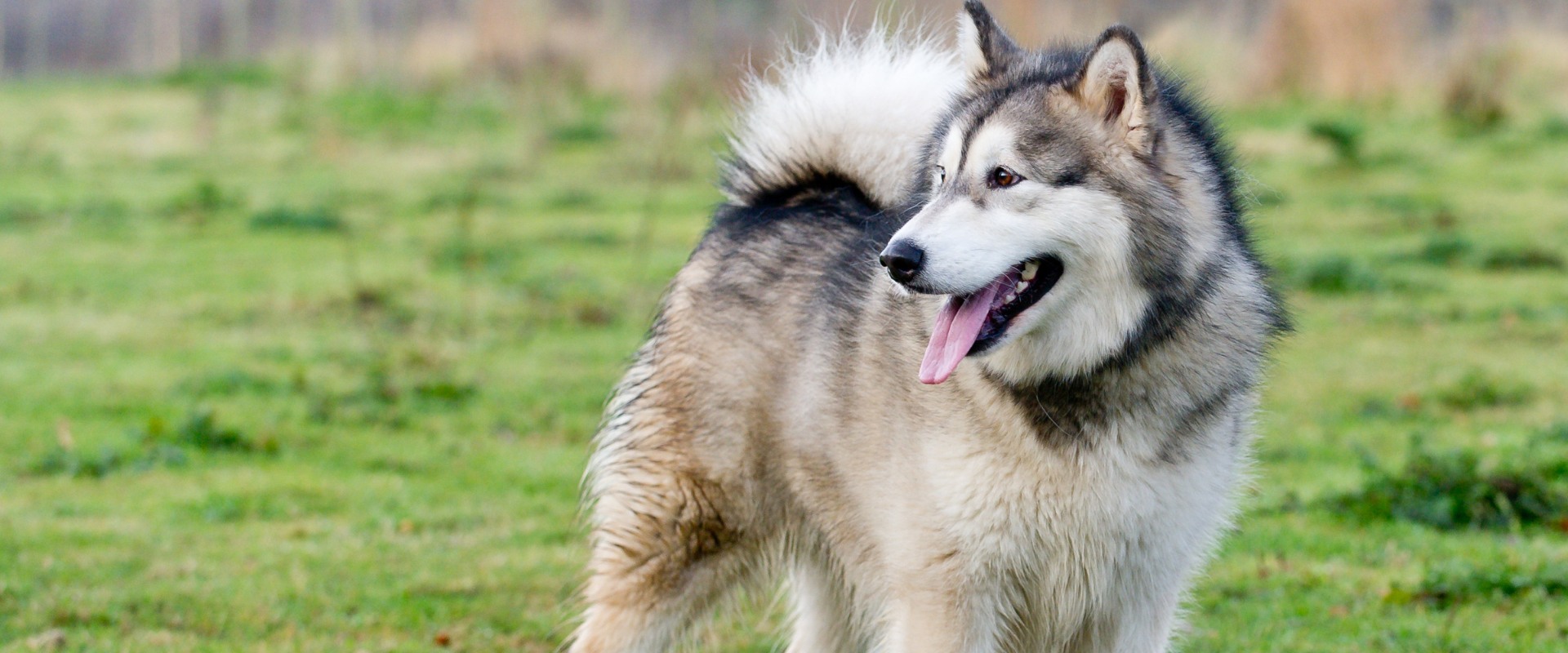Unleashing Potential: Training your German Shepherd for Advanced Work
The German Shepherd, with its intelligence, athleticism, and loyalty, is not just a beloved companion but also a breed excelling in specialized roles like police work. However, transforming your furry friend into a canine crimefighter requires dedication, specialized training, and a deep understanding of both the dog and the demands of police work.
Before you embark on this journey, some crucial points to consider:
- Is your dog suitable? German Shepherds thrive on mental and physical stimulation. Assess your dog’s temperament, energy level, and trainability. Consult a professional trainer for guidance.
- Commitment is key. Police dog training is intensive and long-term, often exceeding a year. Be prepared to invest significant time, effort, and resources.
- Seek professional help. While DIY training is tempting, police work demands specific skills and protocols. A qualified trainer specializing in K9 units can ensure proper technique and compliance with legal and ethical standards.
Now, let’s delve into the training itself:
- Obedience is the foundation. A solid foundation in basic commands like sit, stay, heel, and come is essential for any advanced work. Practice regularly, using positive reinforcement methods.
- Build confidence and focus. Police dogs face diverse and often stressful situations. Expose your dog to controlled distractions and environments like crowds, loud noises, and unfamiliar terrains.
- Introduce scent detection. This core skill of police dogs involves recognizing specific odors. Start with simple games like hiding treats and gradually progress to training kits and real-world scenarios.
- Tracking and apprehension training. Under professional guidance, introduce controlled scenarios where your dog learns to track scents, locate objects, and apprehend suspects safely.
Remember, ethical and responsible training is paramount. Avoid harsh methods, prioritize positive reinforcement, and ensure your dog’s well-being throughout the process.

Here are some additional points to consider:
✤ Specialization: Not all police dogs perform the same tasks. Explore different specializations like tracking, detection (explosives, narcotics), patrol, and apprehension. Choose a path that aligns with your dog’s strengths and your community’s needs.
✤ Physical conditioning: Police work demands peak physical fitness. Regular exercise regimes incorporating running, agility training, and obstacle courses are crucial.
✤ Socialization: While confident and focused, police dogs need appropriate socialization. Expose your dog to various people, animals, and environments to prevent fear and aggression.
✤ Legal Considerations: Training a dog for police work often involves legal requirements and certifications. Research your local regulations and ensure your trainer is qualified to provide such training.
✤ Cost and Resources: Professional K9 training programs can be expensive. Plan for training fees, specialized equipment, and potential vet care over the training period.
✤ Alternatives: If full-fledged police work seems overwhelming, consider other specialized service dog roles like search and rescue, therapy work, or assistance for the disabled. These offer fulfilling avenues for your dog’s skills and temperament.
✤ Remember, the journey is as important as the destination. Enjoy the process of training your German Shepherd, build a strong bond, and celebrate every milestone. With dedication and responsible practices, you can develop a remarkable partnership that serves your community.
Ultimately, training your dog for any advanced role should be a rewarding and enriching experience for both of you. Don’t hesitate to consult with professionals, research thoroughly, and choose a path that aligns with your goals and your dog’s well-being.



